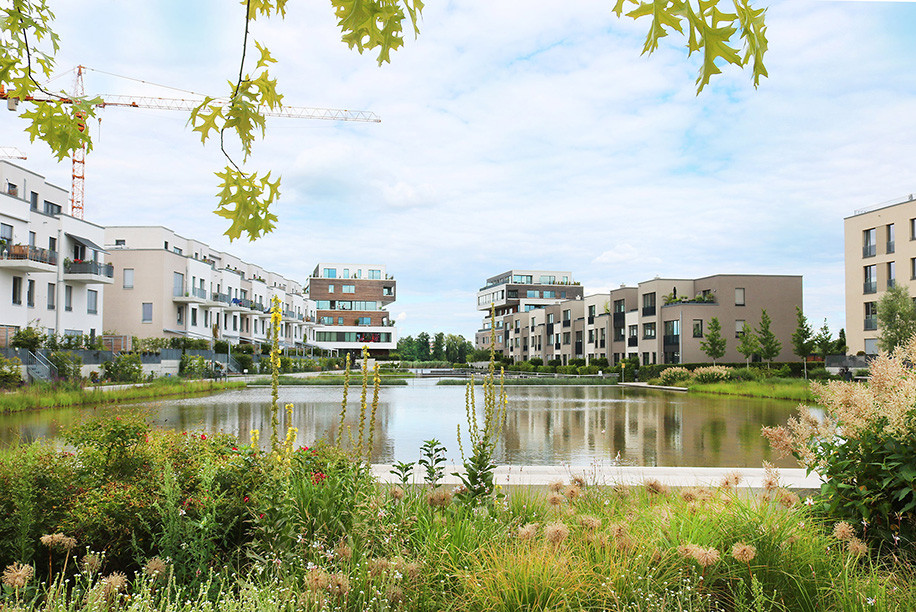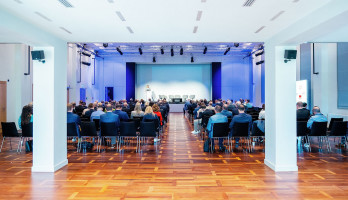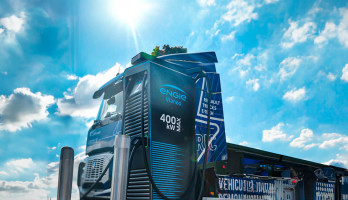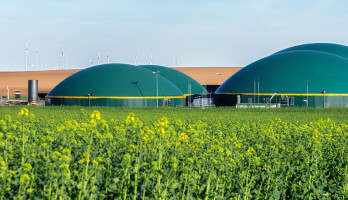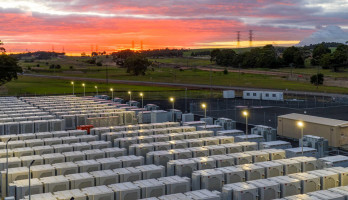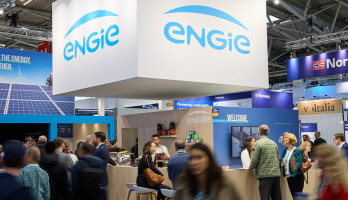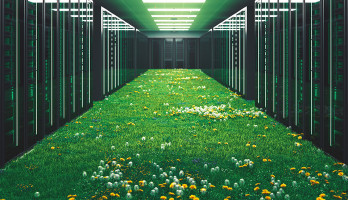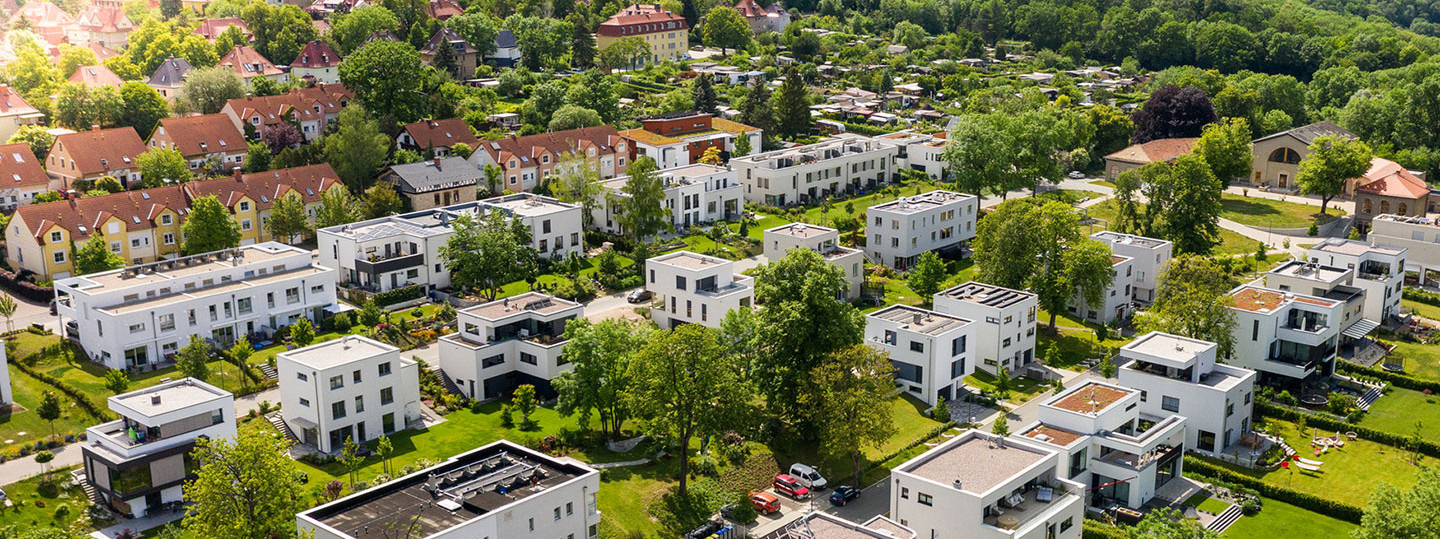
Energy sharing - a driver for the energy transition
Green electricity for neighborhoods and districts, produced in an environmentally friendly way, cost-effective and with benefits for everyone involved - that's not possible? Yes, it is possible. Energy sharing could make a decisive contribution to the energy transition. At the same time, the concept is interesting for the real estate sector and makes it possible to provide electricity cheaply and locally despite the current crisis. However, there are currently still regulatory hurdles, and other countries in Europe are already much further ahead than Germany. This article provides you with an overview of the topic.
The energy transition and the real estate industry
Whether you look at Hamburg, Berlin, Frankfurt or Munich – rooftops are still largely empty. Yet the real estate sector, with its numerous buildings, offers enormous potential for the energy transition. Photovoltaics, for example, could be used to efficiently produce green electricity on rooftops without conflicting with other land use scenarios - so much for the theory. In practice, however, things look different. For many players in the real estate industry, the regulatory hurdles for energy generation systems still seem too high and the incentives are proving to be too low. There is a lack of interesting and worthwhile concepts. Yet cities in particular offer space for innovative supply solutions. Here it is possible to think outside the box - not just in individual buildings, but in neighborhoods and even entire districts.
Thinking bigger for the energy supply of the future
The idea of community now plays an important role in the energy transition. This begins with the construction of community power plants and ends with networked supply and sharing concepts for modern neighborhoods. The city of the future works collaboratively and is supplied by many decentralized locations. A large power plant in the neighborhood that takes over the entire energy supply? What may have been desirable in the past is no longer the norm and is simply not feasible with renewable energies. Legislative bodies are aware of this and are increasingly focusing on community supply concepts. These include, for example, tenant electricity, which is, however, only limited to one building or a connected building complex. Another idea is much more ambitious and already has a legal framework: energy sharing.
Energy sharing - a great idea with enormous potential
In principle, energy sharing is about regional, shared energy generation and use. Individual buildings with the same or different owners form an energy community. These can be buildings owned by private owners or owners' associations, housing companies or municipal administration players. The core of the concept is formed by technology-neutral energy generation systems from PV to wind, as well as power-to-X and storage systems.
Let's take the example of a PV system: this not only produces electricity for the property on which it is installed. The system supplies all the buildings in the surrounding area that belong to the energy community - with discounted electricity that can be sold below the usual market price. This is made possible by the existing public electricity grid, via which the electricity flows to the other buildings and is preferentially consumed there. This concept offers a whole range of advantages:
Advantages for producers
Energy sharing allows producers to not only consume electricity where it is generated, but also to sell it to others. Until now, property owners only had the option of feeding surplus energy from their systems into the grid and receiving feed-in tariffs in return. If electricity can now be sold as part of an energy community, an energy generation system becomes much more attractive for them and increases their flexibility.
Benefits for consumers
Others in the energy community, who act as consumers and purchase the local electricity, also benefit. The electricity produced locally for energy sharing is cheaper than with conventional supply contracts and is an attractive alternative in times of high price volatility.
Benefit for neighborhoods and districts
Energy sharing is ideal for the sustainable development of neighborhoods or energy management in entire districts. Renewable energy can be produced and used locally without being dependent on systems owned by third parties or a single grid connection. In terms of the size of a neighborhood or district, several buildings with generation systems provide for the local community.
Advantages for the electricity grid
Last but not least, energy sharing is beneficial for the electricity grid and the climate. Local production is environmentally friendly and efficient at the same time. Transmission losses, which normally occur when transporting electricity between the power plant and the point of consumption via kilometers of lines, are almost completely eliminated. Energy sharing also requires fewer cost-intensive interventions in the electricity grid to stabilize the system.
The legal situation
A new supply concept in the real estate sector that significantly benefits the energy transition? This could indeed be in great demand, especially as the real estate sector is already under great pressure to innovate. So far, however, the forward-looking concept of energy sharing remains largely theoretical. This is because the upcoming wave of refurbishments in the heating sector is already presenting enormous challenges. For many players, it is simply out of the question to have to fight their way through numerous regulations regarding electricity.
The European Union has taken countermeasures in this regard. The adoption of the Directive on the promotion of the use of energy from renewable sources (RED II) has created a new framework for collaborative concepts such as energy sharing. One of the aims of the directive is to reduce the bureaucratic hurdles for the establishment of energy communities. To this end, the EU member states are to revise their national laws and create new incentives. Some countries have already reacted. Austria, for example, has set up a coordination office for energy communities. In Italy, the first practical projects are already underway: The Energie-Werk Prad Genossenschaft (EWP) energy community in South Tyrol, for example, is completely self-sufficient in electricity and heat.
Energy sharing in Germany
In Germany, energy sharing is still in the starting blocks. It is true that the current coalition agreement states that corresponding concepts will be strengthened. However, not much has happened yet. Although the RED II directive should have been implemented by June 30, 2021, it is still almost impossible to share electricity with neighboring buildings across a property.
Outlook: Energy sharing, digitalization - where we are heading
The energy industry and the real estate sector will continue to grow together as drivers of the energy transition. The collaborative idea is at the forefront here. This makes it all the more important to reduce regulations and implement the demands of the European Union in favor of energy sharing. We at ENGIE Deutschland welcome corresponding initiatives on the part of the legislative bodies. Until then, we are at our customers' side with economical and sustainable neighborhood solutions. Our energy experts also advise on digitalization in the energy sector. Coupled with concepts such as energy sharing, this will play a decisive role in the energy transition in the real estate sector in the future.
Our Expert



